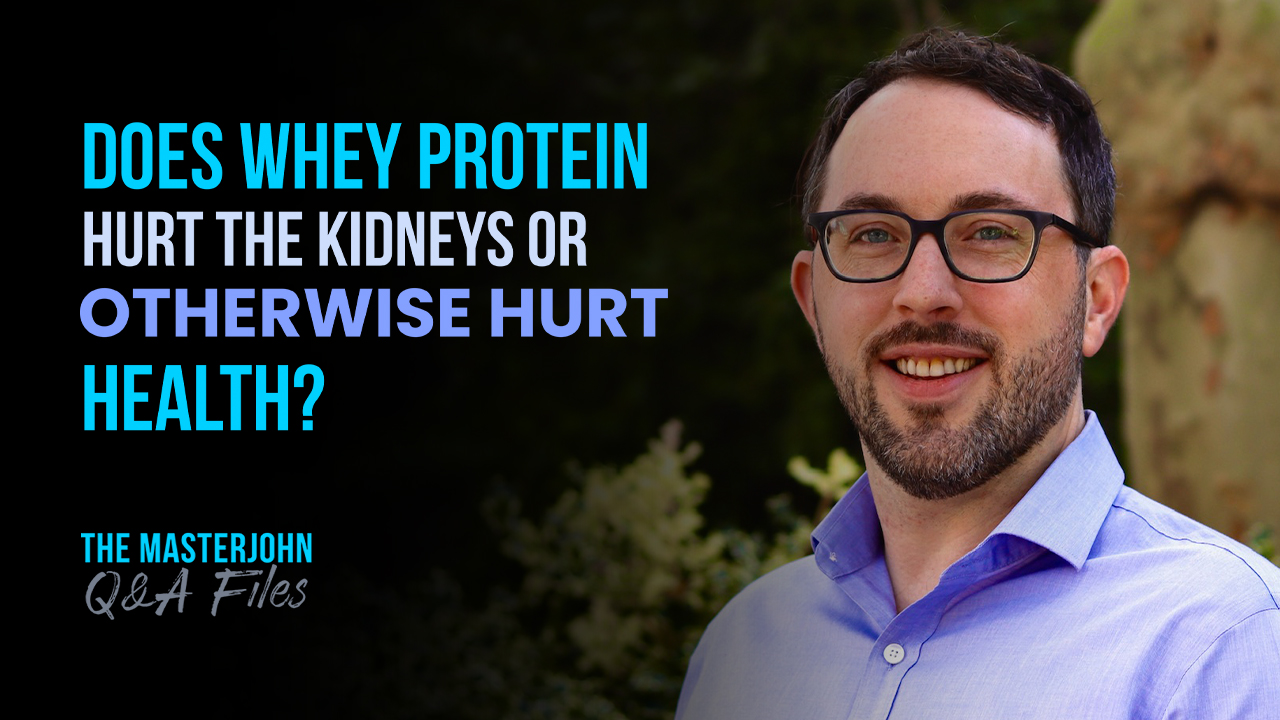Short Answer: I believe most methyl donor intolerances are a result of deficiencies in the glycine buffer system, which requires glycine, vitamin A, fasting (glucagon), androgens, riboflavin, unmethylated folate (THF), and iron. No one should expect to tolerate 30 milligrams of folate, however, and there is almost never a reason to use doses that high.





